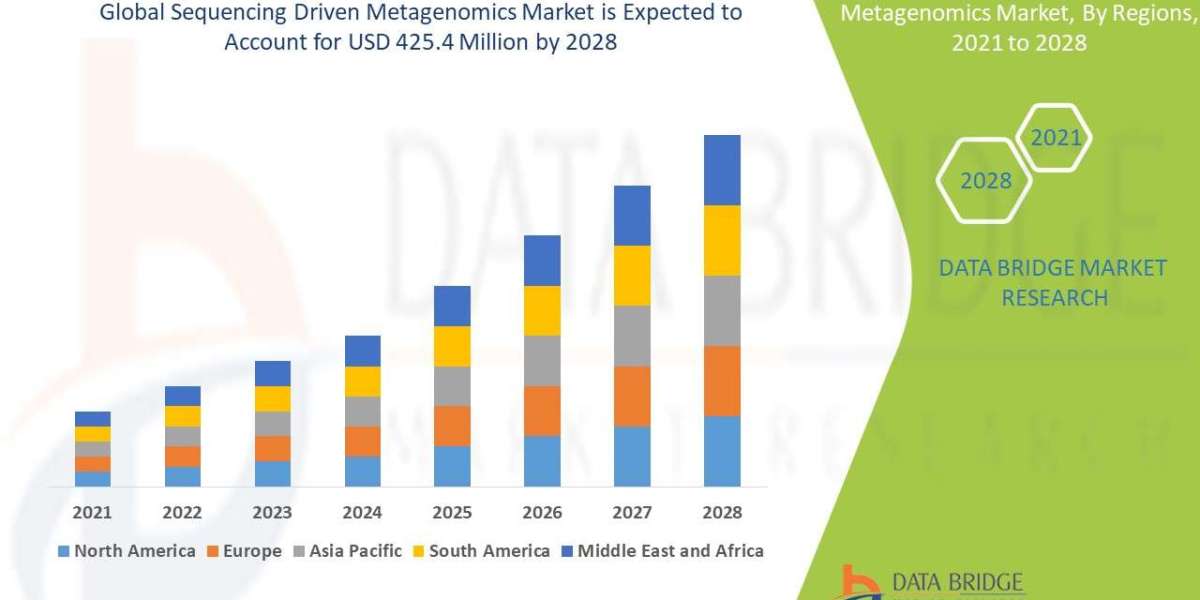In recent years, biobanks have emerged as critical resources in medical research, offering invaluable data for understanding and treating diseases. By collecting, storing, and managing biological samples, biobanks provide researchers with access to genetic, environmental, and health information. This article delves into the significance of biobanks, their operational mechanisms, and their impact on the future of medical research.
What is a Biobank?
A biobank is a repository that collects and stores biological samples, such as blood, saliva, tissue, and DNA, along with associated health information. These samples are preserved for use in research, aiming to understand the genetic and environmental factors contributing to various diseases.
Types of Biobanks
Population-based Biobanks: These collect samples from large groups of people, often focusing on specific regions or demographics to study the prevalence and causes of diseases within a population.
Disease-oriented Biobanks: These focus on collecting samples from individuals with specific diseases or conditions, providing crucial data for disease-specific research and treatment development.
The Importance of Biobanks in Medical Research
Biobank play a pivotal role in advancing medical research by providing researchers with access to diverse and extensive biological data. This section explores the key benefits and contributions of biobanks to the scientific community.
Advancing Genomic Research
Genomic research relies heavily on large datasets to identify genetic variations linked to diseases. Biobanks offer a treasure trove of genetic information, enabling researchers to perform genome-wide association studies (GWAS) and uncover genetic markers for various conditions.
Enhancing Precision Medicine
Biobanks facilitate the development of precision medicine, which tailors medical treatment to individual characteristics. By analyzing the genetic and environmental data stored in biobanks, researchers can identify specific biomarkers and develop personalized therapies, improving treatment outcomes.
Supporting Longitudinal Studies
Biobanks often collect samples over extended periods, allowing researchers to conduct longitudinal studies. These studies track changes in health and disease progression over time, providing insights into disease mechanisms and the long-term effects of treatments.
Challenges and Ethical Considerations
Despite their benefits, biobanks also face several challenges and ethical dilemmas. Addressing these issues is crucial for maintaining public trust and ensuring the responsible use of biological data.
Informed Consent
Obtaining informed consent from participants is a fundamental ethical requirement for biobanks. Researchers must clearly explain how the samples and data will be used, ensuring that participants understand and agree to the terms.
Data Privacy and Security
Protecting the privacy and security of participants' data is paramount. Biobanks must implement robust data protection measures to prevent unauthorized access and ensure that personal information remains confidential.
Funding and Sustainability
Maintaining biobanks requires significant financial resources. Securing sustainable funding is essential for the long-term operation and expansion of biobanks, enabling them to continue supporting valuable research.
The Future of Biobanking
The field of biobanking is continuously evolving, with emerging technologies and methodologies enhancing their capabilities. This section explores the future prospects and innovations in biobanking.
Integration of Artificial Intelligence
Artificial intelligence (AI) is poised to revolutionize biobanking by enabling the efficient analysis of vast datasets. AI algorithms can identify patterns and correlations in the data, accelerating the discovery of new biomarkers and therapeutic targets.
Expansion of Global Biobank Networks
Collaboration between biobanks across the globe is becoming increasingly important. Global biobank networks facilitate data sharing and collaborative research, enabling researchers to tackle complex diseases and health challenges on a global scale.
Personalized Health Monitoring
Advancements in biobanking technology are paving the way for personalized health monitoring. By regularly collecting and analyzing biological samples, individuals can receive real-time insights into their health, allowing for early detection and intervention in disease management.
Conclusion
Biobanks are indispensable assets in modern medical research, offering a wealth of biological data that drives scientific discoveries and advances in healthcare. As biobanking technology continues to evolve, the potential for groundbreaking research and personalized medicine grows exponentially. By addressing ethical considerations and embracing technological innovations, biobanks will remain at the forefront of medical research, improving health outcomes for future generations.






